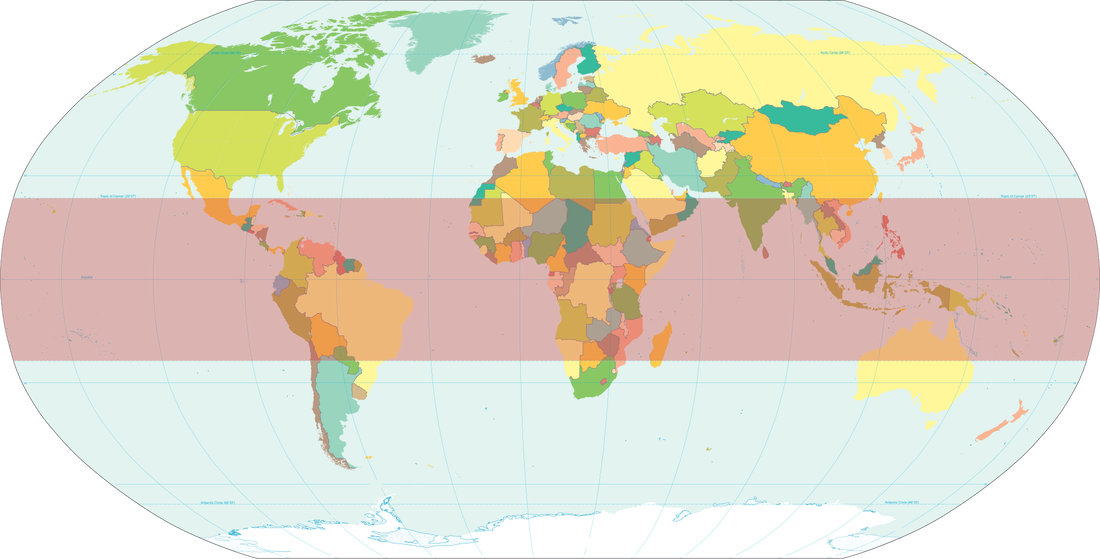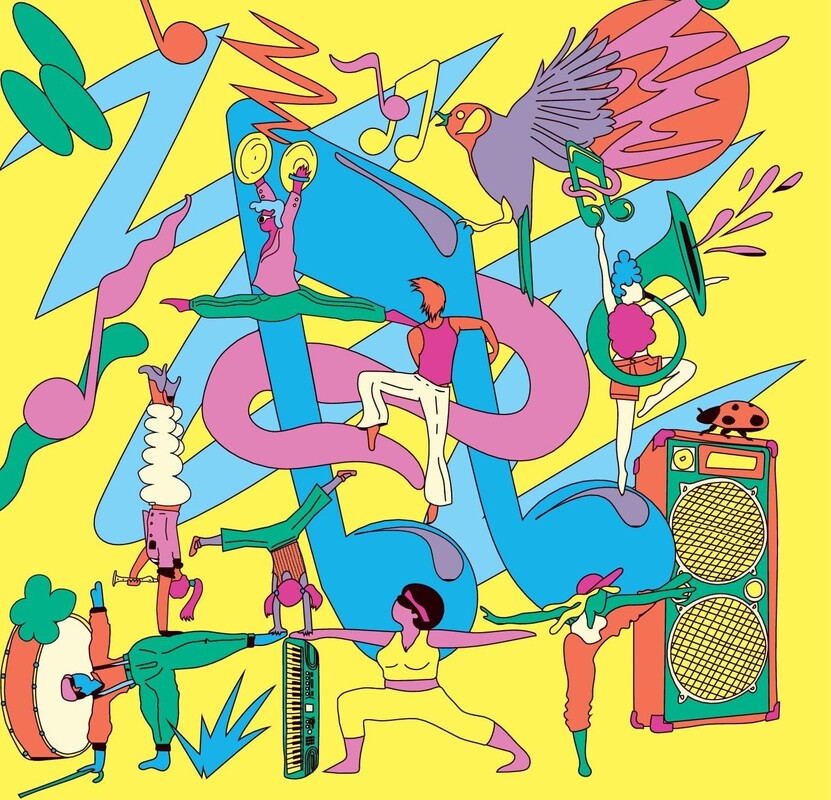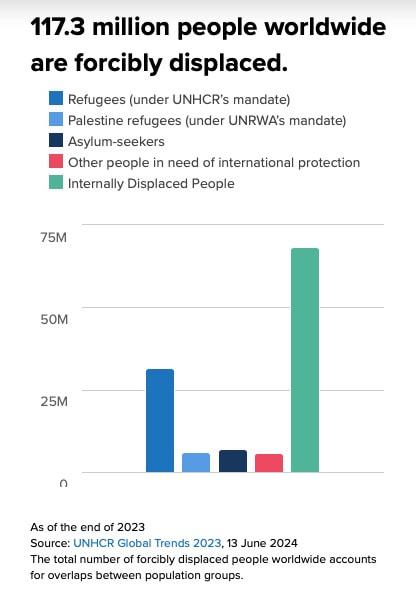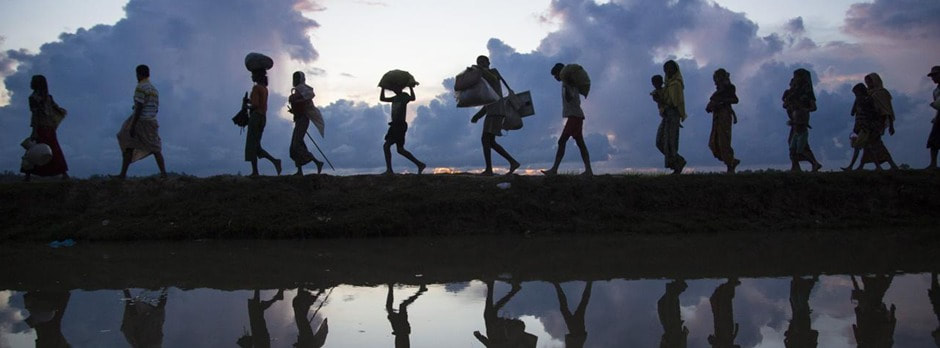Do you recognize it? It was the theme of the most famous sitcom in history, Friends. Maybe nothing like this TV show could explain with so much simplicity what friendship is supposed to be. Friends set up a proper standard of ideal friendship. Anyone who has lived in the myth of
Jennifer Aniston, Courtney Cox, Lisa Kudrow, Matt LeBlanc, Matthew Perry, and David Schwimmer must have fantasized about which place of their city could be the heir of the
legendary Central Perk.
What David Crane and Marta Kauffman have done by creating Friends is not that far from the fantasies that we used to have as children. Basically, the sitcom is the answer to the question: how nice it would be to live with your friends?
Despite the unrealistic expectations settled by the show - it is impossible to have a group of friends together with whom you share every single moment of your life while spending most of your days drinking coffee with them - Friends has a basis of truth. Monica, Rachel, Phoebe, Joey, Chandler, and Ross embody the passage between adolescence and adult life, where troubles and concerns become real, and having someone on your side who helps you is essential.
When you are sixteen, all you need to have good friendships are mutual hobbies and interests. Teenagers need friends to go to the cinema with, to talk about music, and to have fun. When you are young, friendship is the stratagem to escape one of the most terrible fears: being alone. Growing up things change, and so do the people of our lives. On the one hand, some of them disappear quietly and we barely realize that; while on the other hand, some people leave behind wounds that need time to heal. Over time, we realize that those people with whom we spend endless hours of school laughing and joking were not our friends. Rather, those people belong to those kinds of persons which I would call “people with whom you get along well”. With them, we share moments full of joy, but the relationship finishes in front of two beers in a pub. We never completely share the grief, sorrow, and traumas that
are part of everyone’s existence. In the time of need, they are not going to be there for us - rightly, I will add - for one simple reason: they are not friends.
If it is hard to find a proper definition for our non-friends, try to explain what a friend is, it is even harder. Unlike a love relationship, friendship does not have aims or norms. It is a set of values that pass from person to person. Ideas and personal interests are shared between friends in a unique way that not only develops our personality, but they shape and change it. Here, everyone is at the same time teacher and student; and in every conversation is hidden a new thought, that is meant to become part of our person.
However, never before it has been so difficult to find a group to learn and grow together. Nowadays, loneliness has reached an all-time high. Often regarded as the result of the absence of social interactions, only recently loneliness has begun to be treated as a collective and transversal phenomenon. Loneliness is a sense of exclusion that is felt as much towards those who should be close to us as towards political and economic institutions. We are lonely in response to our need to feel heard, understood, and treated with kindness and respect. A need that is rarely satisfied both in our relationship with society and in our relationship with other human beings.
We live in a moment in human history where we are called to deal we our free time. The society we live in teaches us to fill up our days with useless tasks, that make us feel accomplished only when we reach a status of burnout. People seem to be no more capable to deal with the time they have to take care of themselves and the others. This incapability has led some people to think that in order to love themselves, they have
to distance themselves from others to give space to their personal preferences. But isolating yourself is not the key to pursuing your well-being. Wellness can be reached by
creating mutual support relationships. Those kinds of bonds teach us to take care of each other, which unquestionably requires considerable effort. But through these relationships,
we become part of a bigger mechanism of change that allows us to create safe realities where we can discover the other and the self. We must overcome the fear of letting others into our spaces, strengthen our relationships, create new ones, and build social and cultural spaces based not on the fear of being alone, but on the mutual interest in being well.




